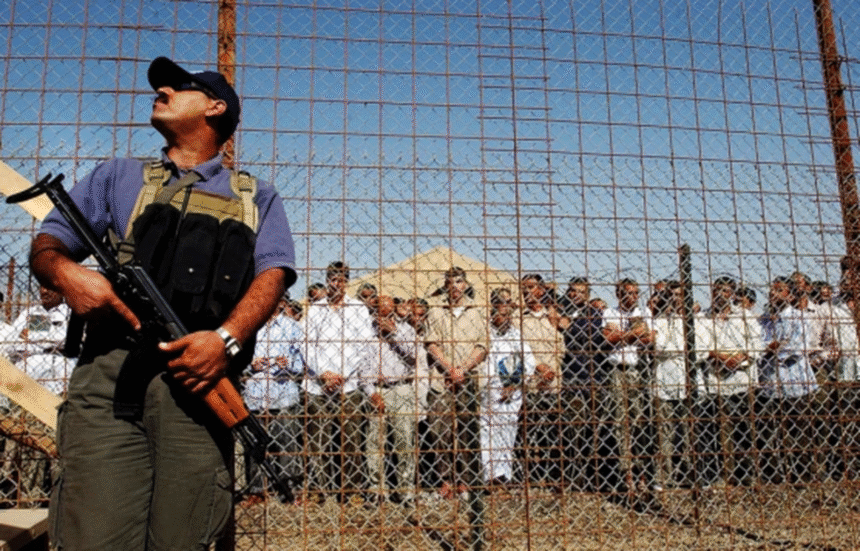Thousands of prisoners have been released and death sentences temporarily suspended under a new amnesty law passed earlier this year.
The Iraqi Supreme Judicial Council announced that more than 35,000 individuals have been freed from prisons and detention centers as part of the broad implementation of the new law.
According to the statement, nearly 144,000 people — including those in pre-trial detention, on probation, or with active arrest warrants — may also avoid imprisonment or qualify for release. Courts have reportedly collected over $34 million in restitution from those convicted of theft and corruption.
The government introduced the law as a measure to reduce prison overcrowding. Iraq’s prisons held around 65,000 inmates in May, despite having capacity for only half that number, according to the Justice Minister.
The law covers crimes such as corruption, theft, and drug-related offenses, as well as certain terrorism-related cases, excluding those involving murder.
The initiative to pass the law was led by Sunni lawmakers, who argued that their community members were often wrongfully accused of terrorism and that many confessions were extracted under torture.
However, the law has sparked strong criticism from the opposition and sections of the public, who fear that the amnesty could lead to the release of individuals connected to ISIS.
The Supreme Judicial Council has not disclosed detailed data on the types of crimes committed by those released but confirmed that the law allows retrials for terrorism convicts who claim their confessions were coerced.
Importantly, the law also suspends executions for now — a major change in a country frequently condemned by international human rights organizations for mass executions carried out without prior notice to lawyers or families of the prisoners.







